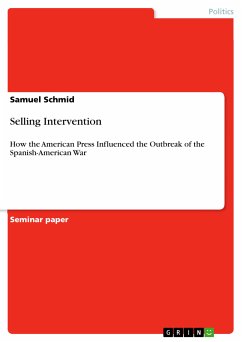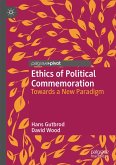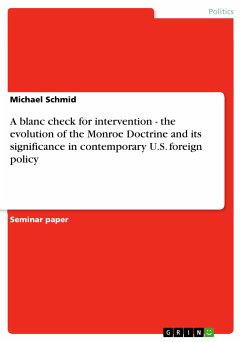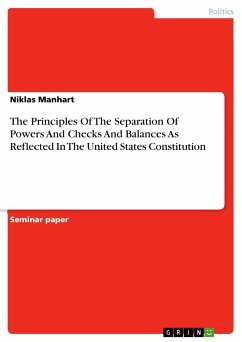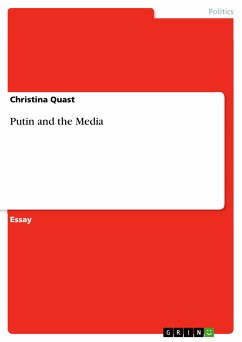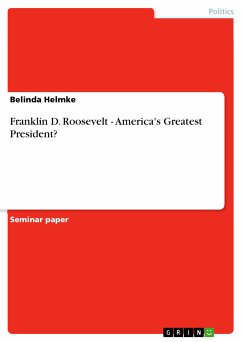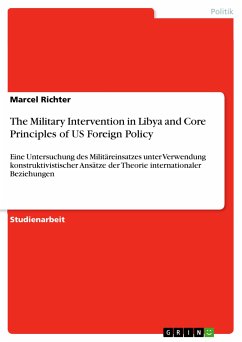Seminar paper from the year 2010 in the subject Politics - Region: USA, grade: 1.5, University of Luzern (Politikwissenschaftliches Seminar), course: Hauptseminar: The Politics of Humanitarian Intervention, language: English, abstract: This research paper deals with the question of how and in what ways the American yellow press – the New York Journal in particular – and its manipulated news of the humanitarian crisis in Cuba under Spanish colonial rule and the subsequent public pressure influenced the American government in the decision to intervene in 1898 (The Spanish-American War). It is argued that it was a media-driven humanitarian intervention with numerous connectors from media to politics. To evaluate this, the explanatory links and the causal mechanism/process are made clear by connecting empirical media data to modern theoretical concepts of media and politics, such as framing and agenda-setting. The findings reveal that there were several kinds of interactions between the New York Journal to the political sphere, making this case of intervention an excellent example of how (in this case, biased) information may trigger a variation in policy outcomes concerning humanitarian interventions.
Bitte wählen Sie Ihr Anliegen aus.
Rechnungen
Retourenschein anfordern
Bestellstatus
Storno

